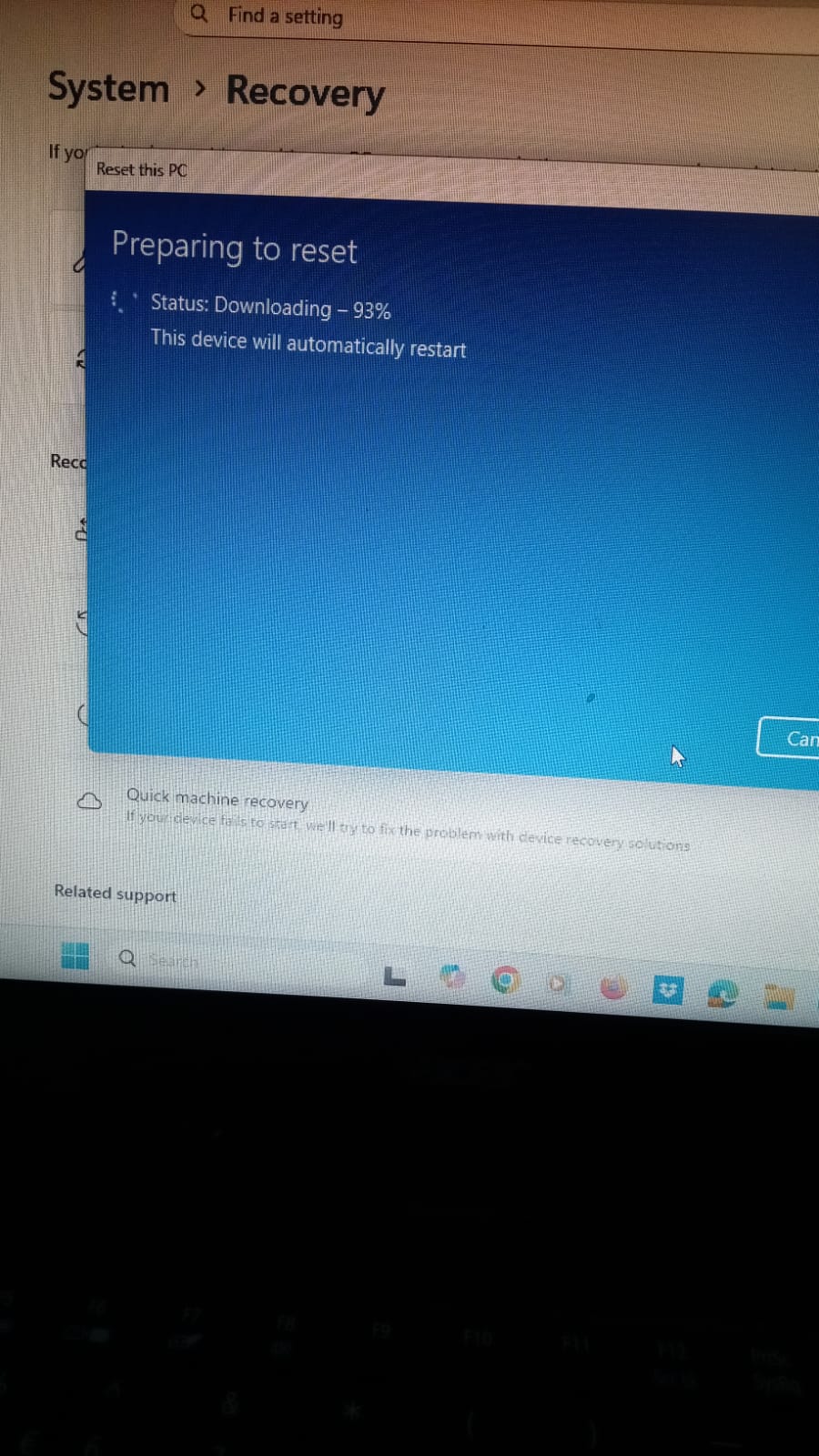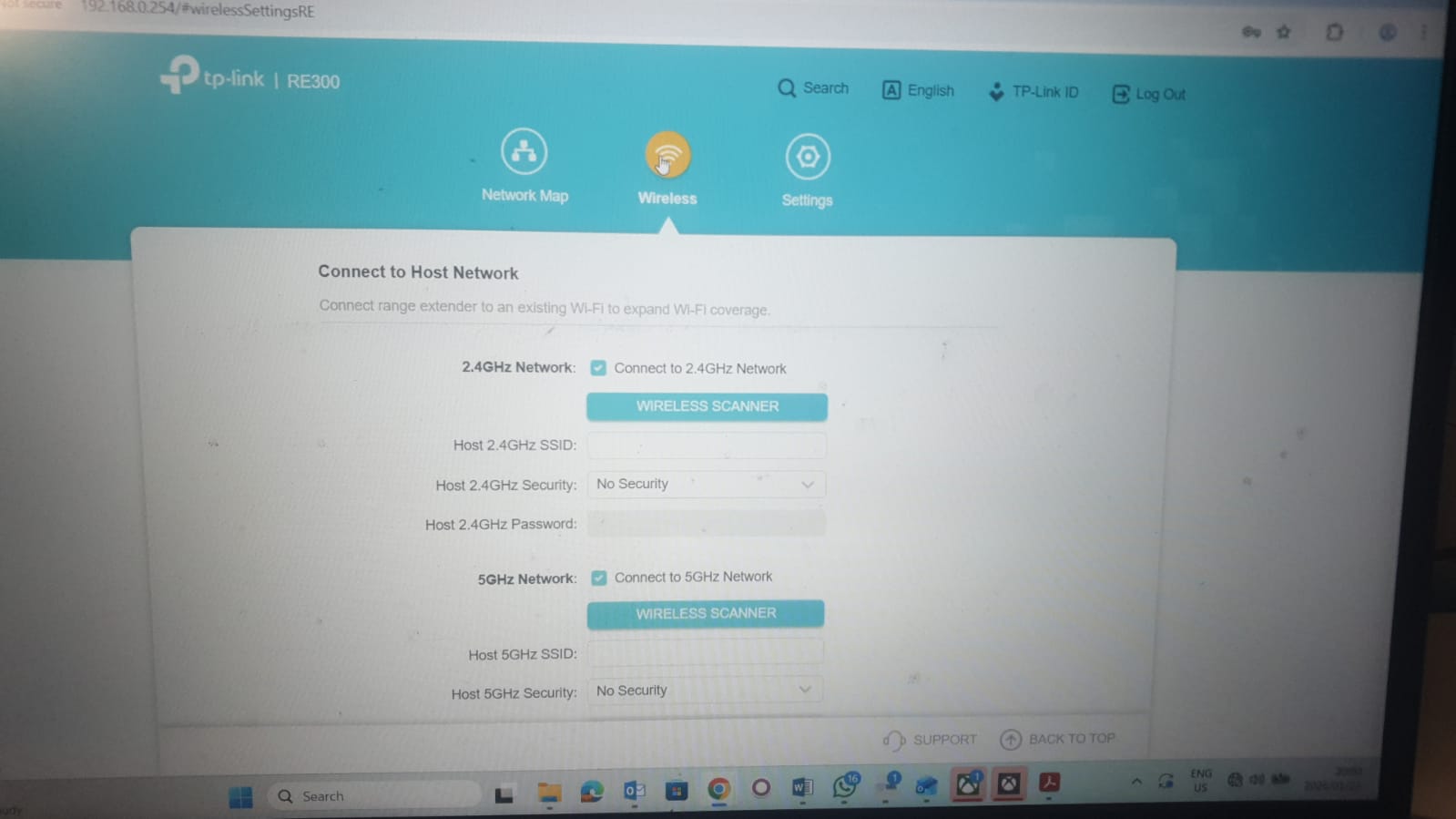
🔐 Essential Cybersecurity Measures Every Small Business Must Implement In an era where cyber threats are growing more sophisticated by the day, small businesses are no longer too small to target. In fact, cybercriminals often see them as easy prey due to weak security infrastructure. Whether you’re running a startup, a retail shop, a small logistics firm, or a professional service, protecting your digital assets is not optional—it’s critical. At Ramscount IT, we’ve seen firsthand how digital breaches can disrupt operations, damage reputations, and result in costly data losses. That’s why we’ve compiled a list of essential cybersecurity practices every small business should implement.
💼 1. Educate Your Team Your employees are your first line of defense. A single careless click on a phishing email can open the door to a major breach. What to do: Conduct basic cybersecurity training. Teach staff how to spot suspicious emails and links. Promote strong password practices and regular updates.
🔒 2. Use Strong, Unique Passwords Weak or reused passwords are a hacker’s best friend. Ensure all devices, systems, and online accounts use strong, unique passwords. Bonus tip: Use a password manager to generate and store complex passwords securely.
🛡️ 3. Install Antivirus & Anti-Malware Software Even basic malware can wreak havoc on a small network. Installing reputable antivirus and anti-malware software on all systems helps detect and remove malicious threats before they do damage.
🌐 4. Secure Your Wi-Fi Network An open or poorly secured Wi-Fi connection can expose your internal systems to unauthorized access. Secure it by: Changing the default router password. Using WPA3 encryption. Hiding your SSID (network name) and separating guest access.
🔁 5. Keep Software and Systems Updated Outdated systems are vulnerable to known exploits. Always update your: Operating systems (Windows, macOS, Linux) Applications (browsers, accounting software, CRMs) Website CMS (e.g., WordPress plugins/themes) Enable automatic updates whenever possible. ☁️ 6. Backup Your Data Regularly Imagine losing all your client records, invoices, or digital files in a ransomware attack or hard drive failure. Solution: Backup daily (or weekly at minimum). Use both cloud storage and offline backups for redundancy.
🔐 7. Enable Two-Factor Authentication (2FA) Even if a password is compromised, 2FA adds an extra layer of security by requiring a second form of verification. Use 2FA on: Email accounts Banking portals Cloud services (Google Drive, Microsoft 365, etc.) 🧾 8. Implement Access Controls Not every employee needs access to every file or system. Restrict access based on job roles, and enforce user permissions to reduce risk. 📨 9. Use Secure Email Practices Emails are a major attack vector. Use secure email providers with built-in spam and phishing filters. Consider: Email encryption for sensitive communication Domain-based Message Authentication (DMARC) policies
🧑💻 10. Partner With a Trusted IT Provider Cybersecurity is an ongoing process, not a one-time fix. Partnering with experts like Ramscount IT ensures you have continuous support, monitoring, and protection tailored to your business.
🔐 Protect Now, Thrive Tomorrow Cyberattacks can happen to anyone — but with the right precautions, you can stay one step ahead. Small investments in cybersecurity today can save you from massive losses tomorrow. At Ramscount IT, we help small businesses in South Africa and beyond implement strong, affordable cybersecurity measures. Whether you need a security audit, antivirus setup, cloud protection, or staff training — we’ve got your back.
📧 Email: info@ramscount.co.za 🌐 Website: www.ramscount.co.za


